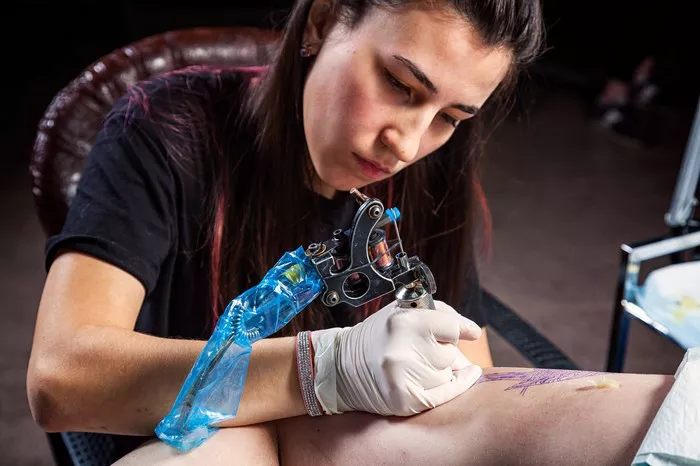Dr. Walter Liszewski, a dermatologist and assistant professor at Northwestern Feinberg School of Medicine, serves on the board of directors of the European Society of Tattoo and Pigment Research. This organization includes tattoo artists, chemists, EU and FDA officials, and dermatologists. Their mission: advancing tattoo safety and technology.
Recently, Liszewski discussed the regulation and materials used in permanent makeup in the U.S. His team’s research, published in the Journal of the Academy of Dermatology, explores its use, regulations, and complications like allergic dermatitis.
During a research stint in Denmark, Liszewski was mentored by a tattoo enthusiast. This experience highlighted the lax regulations and medical uncertainties surrounding tattoos.
In his interview, Liszewski distinguishes between permanent makeup and decorative tattoos. He notes varying training and certifications for tattoo artists and the patchy regulations across states. Dermatologists, he suggests, should engage more in discussions on safe permanent makeup, particularly for patients with conditions like alopecia areata or vitiligo.
Permanent makeup offers cosmetic benefits for such patients. For example, vitiligo patients may find it useful to fill in patches. Liszewski stresses the role of tattoo artists in achieving patients’ cosmetic goals.
An essential focus of Liszewski’s research is tattoo ink and allergic reactions. He highlights that tattoo allergies are complex to diagnose, as pigments degrade over time, becoming allergenic. Outdated dermatology textbooks often misinform about tattoo allergies.
Liszewski emphasizes the importance of updated knowledge and collaboration between dermatologists and tattoo artists for safer tattoo practices.

